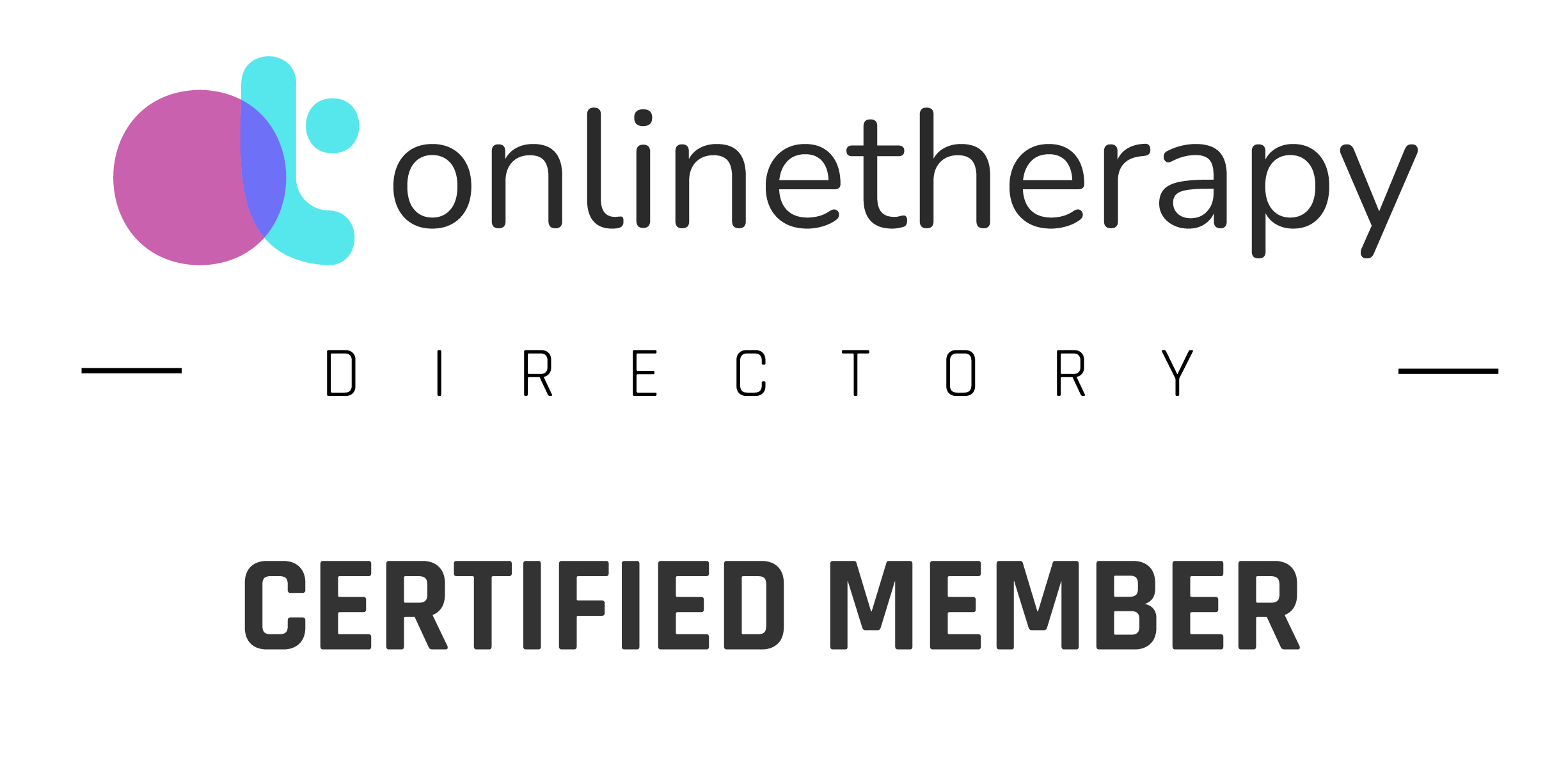Post-Traumatic Stress Disorder (PTSD) is a debilitating condition that affects millions worldwide. Traditional PTSD therapy involves psychotherapy and medications, but for some individuals, these approaches may not provide sufficient relief. Recently, MDMA has gained attention as a potential treatment for PTSD. Commonly known as the active ingredient in ecstasy, MDMA has shown promising results in clinical settings, offering hope for individuals struggling with PTSD.
In this blog, we’ll explore the science behind MDMA, its therapeutic potential, and how it fits into the broader PTSD treatment plan.
Chemical Structure and Effects of MDMA
MDMA, short for 3,4-methylenedioxymethamphetamine, is a psychoactive compound with stimulant and hallucinogenic properties. It works primarily by increasing the activity of three neurotransmitters: serotonin, dopamine, and norepinephrine. The release of serotonin fosters feelings of well-being and emotional closeness, while dopamine and norepinephrine contribute to heightened energy and mood regulation.
In the context of MDMA-assisted therapy, these effects can help patients revisit traumatic memories without the overwhelming emotional responses typically associated with PTSD. MDMA’s ability to reduce fear and enhance trust and empathy makes it a unique tool for therapeutic settings, allowing patients to process trauma in a safe, controlled environment.
Differences Between Recreational Use and Therapeutic Applications
MDMA is often associated with recreational use, particularly in party settings, where users seek its euphoric and stimulant effects. However, there’s a crucial distinction between recreational use and its application in PTSD therapy.
In a recreational context, MDMA is often used in high doses, frequently combined with other substances, and taken without any therapeutic guidance. This can lead to harmful side effects such as dehydration, hyperthermia, and even long-term psychological effects like anxiety or depression. Conversely, in MDMA-assisted PTSD treatment, the drug is administered in a controlled, clinical setting under the supervision of trained professionals. The dosage is carefully measured, and the environment is structured to ensure the patient’s physical and emotional safety.
This controlled use aims to harness MDMA’s therapeutic potential while minimizing risks, making it an entirely different experience from recreational consumption.
The Role of a Trained Therapist in MDMA-Assisted Therapy
A critical component of MDMA-assisted therapy is the presence of a trained therapist. The therapist’s role is to guide the patient through their experience, providing support as the individual processes difficult emotions and memories. During the session, MDMA helps reduce the fear and anxiety typically triggered by recalling traumatic events, allowing patients to confront and work through their PTSD in ways that traditional therapy might not facilitate.
The therapeutic process typically involves preparatory sessions before MDMA is administered. During these sessions, the therapist builds rapport with the patient and prepares them for what to expect. After the MDMA-assisted sessions, integration therapy follows, in which the therapist helps the patient make sense of their experience and integrate new insights into their PTSD treatment plan. This structured, holistic approach ensures that MDMA is used as a tool within the larger framework of ongoing therapy.

Comparison to Traditional PTSD Treatments
Traditional PTSD treatments include cognitive behavioral therapy (CBT), exposure therapy, eye movement desensitization and reprocessing (EMDR), and medications such as antidepressants or anti-anxiety drugs. These methods are effective for many, but not all patients respond adequately.
MDMA-assisted PTSD treatment provides a unique alternative. Rather than requiring patients to endure the distress of reliving trauma during exposure therapy, MDMA allows for emotional detachment from traumatic memories. This can facilitate deeper emotional processing in a single session than might occur in months of traditional therapy. Additionally, while medications like SSRIs focus on managing symptoms, MDMA therapy aims at addressing the root cause of PTSD, potentially leading to more lasting results.
Benefits of MDMA in PTSD Therapy
The benefits of using MDMA in PTSD therapy are becoming increasingly evident. Clinical trials have shown that patients who undergo MDMA-assisted therapy often experience a significant reduction in PTSD symptoms, with some achieving remission. One of the most compelling benefits is the drug’s ability to break down emotional barriers, enabling patients to confront traumatic memories without feeling overwhelmed by fear or distress.
Additionally, MDMA promotes openness and emotional connectivity, allowing patients to form a trusting relationship with their therapist. This therapeutic alliance is essential for effective PTSD therapy, and MDMA seems to enhance this bond.
Another benefit is that MDMA-assisted therapy typically requires fewer sessions compared to traditional treatments. Some patients report lasting improvements after just a few MDMA-assisted therapy sessions, potentially reducing the overall time spent in therapy.
Potential Risks and Side Effects of MDMA
While MDMA offers promising benefits, it is not without risks. The side effects of MDMA can include increased heart rate, blood pressure, dehydration, and in some cases, nausea. In therapeutic settings, these physical risks are minimized through medical supervision and careful monitoring.
Psychologically, MDMA may induce anxiety or paranoia in some individuals, although this is less common in controlled therapeutic environments. There is also a risk of emotional overstimulation, where patients may feel overwhelmed by the intensity of their emotions during a session.
As with any PTSD treatment plan, it is essential to weigh the potential risks against the benefits. MDMA-assisted therapy is not suitable for everyone, particularly those with a history of heart conditions, psychosis, or substance abuse.
Ongoing Research
Research into MDMA-assisted PTSD therapy is still ongoing. The Multidisciplinary Association for Psychedelic Studies (MAPS) has conducted several Phase 3 clinical trials, and early results are encouraging. The FDA has granted MDMA a “Breakthrough Therapy” designation, fast-tracking its review for potential approval. If approved, MDMA could become a standard option for those who have not responded to traditional PTSD therapies.
Schedule Your Therapy
MDMA-assisted therapy represents a groundbreaking approach in the field of PTSD treatment. As research continues and more data is gathered, the role of MDMA in PTSD therapy may become a transformative component of future PTSD treatment plans, providing hope and healing for those affected by trauma.
Mind and Body Counseling Associates™ is a Reno-based therapy practice that serves the mental health needs of individuals, families, couples, children, and teens. Contact us today and schedule your therapy appointment.


